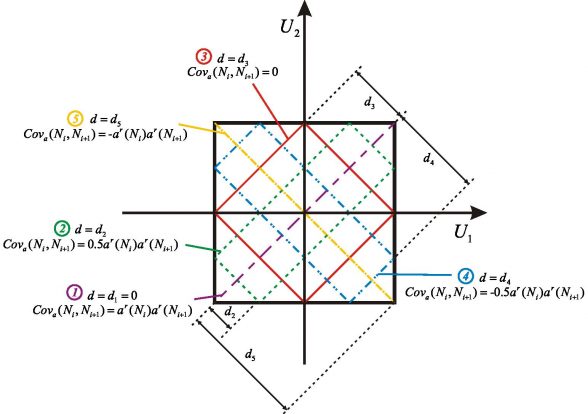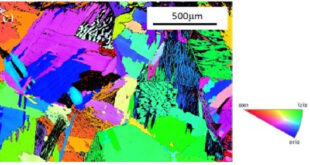Significance
Structures are susceptible to failures induced by fatigue fractures. It has drawn a significant concern in the respective field such as aviation and shipping thus several investigations have been conducted by various academic and field engineer’s researchers to determine the possible causes and prevention methods of fatigue crack growth. The growth of fatigue cracks depends on various factors such as material and geometric properties and loading conditions which make sit challenging in the analysis and determination of the crack propagation in structures. This paper, therefore, aims at overcoming these difficulties by developing a new analytical approach of analyzing fatigue crack growth in different structures. The method ensures time-dependent reliability evaluation and minimal uncertainty information concerning structures.
Dr. Lei Wang and colleagues at Beihang University in China successfully estimated fatigue crack growth in structures using minimal measured data. The non-probabilistic time-dependent model involves the integration of mathematical theories that enables estimation of cracked and damaged structures and understanding of their life cycles. The authors also provided in-depth knowledge of the design of structural damage tolerance. The work has thus been published in International Journal of Mechanical Sciences.
The research team demonstrated the basis of the design of structural damage tolerance through a combination of crack growth and mathematical intervals theoretically. They also obtained the different uncertainty properties of the time-dependent functions by considering and comparing the critical crack lengths obtained in the experiments.
The approach proposed by the authors have several added advantages as compared to other probabilistic approaches. It requires for example only the bound information regarding the uncertainties which is easy to obtain in a simple, practical situation. In cases where access to adequate data becomes difficult, the approach can still give more viable and accurate results. The non-probabilistic approach also enables the experimentalists to calculate and simulate the data easily accurately. The required analytical and mathematical equations used in the computation of such solutions are also readily available. Determination of crack propagation in structures is very complex; the method allows extension that will include the application of other numerical solutions techniques such as finite difference methods (FDM) as well as finite element analysis (FEA).
Furthermore, the authors suggest a replacement of the currently used techniques in estimation od crack growth and fatigue damage in structures. With the reliable information in this paper, the authors hope that their work will help in advancing the structural field and thus address the challenges associated with structural cracks and fatigue that leads to failures. The proposed approach is also very essential in understanding other problems associated with structures such as the laws governing the growth of cracks in composite structures and multi cracks in large structures. The researchers also demonstrated the high level of accuracy, efficiency, and usability of their proposed method which will be the key for future research work in the area.




Reference
Wang, L., Wang, X., Su, H., & Lin, G. (2017). Reliability estimation of fatigue crack growth prediction via limited measured data. International Journal of Mechanical Sciences, 121, 44-57. http://dx.doi.org/10.1016/j.ijmecsci.2016.11.020
Go To International Journal of Mechanical Sciences
 Advances in Engineering Advances in Engineering features breaking research judged by Advances in Engineering advisory team to be of key importance in the Engineering field. Papers are selected from over 10,000 published each week from most peer reviewed journals.
Advances in Engineering Advances in Engineering features breaking research judged by Advances in Engineering advisory team to be of key importance in the Engineering field. Papers are selected from over 10,000 published each week from most peer reviewed journals.


